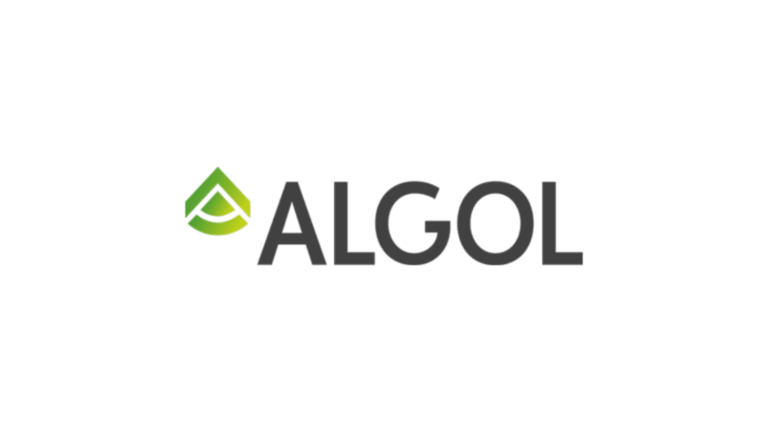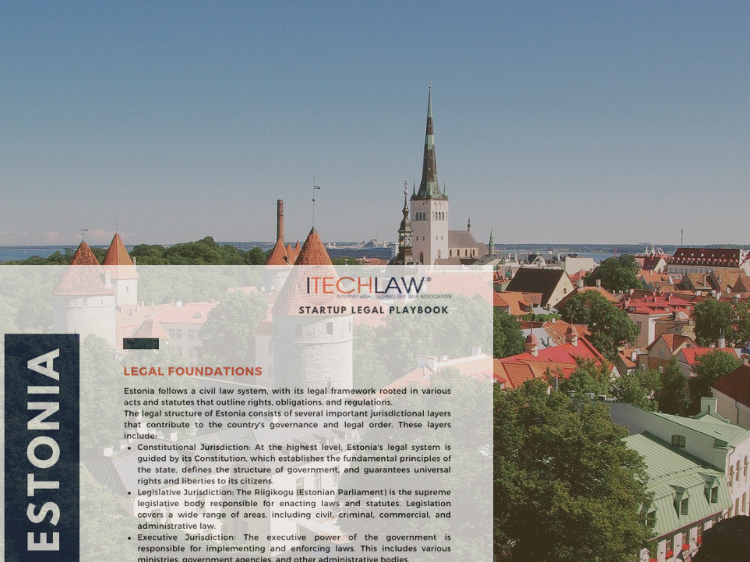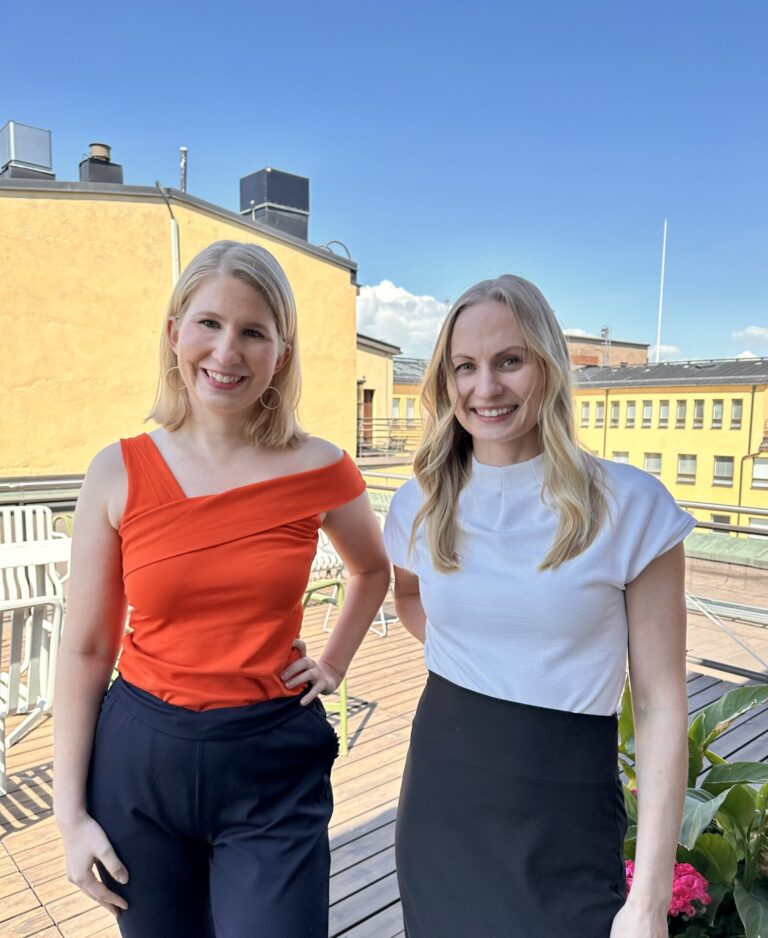
Due to the financial consequences of COVID-19, the Danish parliament passed on 17 March 2020 legislation, which included a relief package to help Danish businesses with their liquidity, by among other things postponing a number of payment deadlines.
Regardless of the relief packages made available, management must keep a watchful eye on liquidity – the rules on managerial liability still apply.
The bill was passed on 17 March 2020 and becomes effective on 22 March 2020. The bill contains the following initiatives to improve the businesses liquidity:
- Postponement of payment deadlines for employee withholding tax and labour marked contribution (AM-bidrag)
- Postponement of payment deadlines for on account tax
- Postponement of payment deadlines for VAT
- Increase of the maximum amount that can be paid in to the tax account
Postponement of payment deadlines for employee withholding tax and labour marked contribution (AM-bidrag)
The payment deadlines for so-called “A-tax” (employee withholding taxes) and labor market contributions for liabilities arising during the months of April, May, and June are postponed 4 months.
No changes are made to the deadlines for reporting A-tax and labor market contributions. Therefore, the businesses shall continue to report A-tax and labor market contributions to the tax authorities in accordance with current applicable legislation.
Postponement of payment deadlines for on account tax
No so-called “B-tax” (on account taxes) is payable in April or May and the payments are postponed to the two months (June and December), which are currently free from payment.
It is also possible to adjust or cancel the business’ B-tax payments in the preliminary assessment of income at skat.dk, if the business’ profit will decline.
Postponement of payment deadlines for VAT
For small businesses, the reporting and payment deadlines for the first six months and the last six months of 2020 are aggregated. This means that the reporting and payment deadlines for the first six months of 2020 is postponed by six months. Subsequently both periods are reported and payed by 1 March 2021.
For medium sized businesses, the reporting and payment deadlines for the first quarter of 2020 are postponed by three months and thereby joined with the reporting and payment deadlines for the second quarter of 2020. This means that the reporting and payment deadlines for the first quarter of 2020 is postponed to 1 September 2020 for medium sized businesses.
Further, the payment deadline for VAT for large businesses for the months of April, May, and June are postponed 30 days. Large businesses are defined as businesses with a yearly revenue subject to VAT, exceeding DKK 50 million.
Increase the maximum amount that can be paid into in the tax account
Finally, a temporary increase in the amount of credit balance in the tax account has been granted. Until 17 March 2020 the limit was DKK 200,000 and any amount exceeding the limit would be paid out to the business. This limit has now been raised to DKK 10 million.
The increase of the limit is, as mentioned above, temporary and only valid for the period from 25 March 2020 to 30 November 2020. After this period the limit is lowered again to DKK 200,000.
Other liquidity measures
In addition to the above measures the Danish government, together with the unions and business associations, have made a relief deal giving salary compensation to bigger businesses access to salary compensation if they do not engage in severance rounds. You can read more here.
Director liability for the performance of the business
Despite the introduction of the above-mentioned relief package, which undoubtably provides the businesses with a much needed lifeline, it is still a very difficult task for the management of the Danish businesses to assess, which impact COVID-19 is going to have.
As the situation develops day by day and thereby creates great uncertainty regarding the business’ performance, it is unavoidable, that the its directors will make decisions, which in hindsight, may appear unsuitable and/or may lead to great financial loss.
Under Danish Law, the management will not be held liable for any such decisions if made by exercising a rational business judgement and when the decision has been taken on a well-informed and qualified basis (also called “the Business Judgement Rule”)
In order for directors to avoid liability, the following conditions must be met:
- The decisions must be made on a fully informed basis, which means that the directors must critically assess any information available to it and act on the basis thereof.
- the decision must be made solely in the business’ best interests.
When the above-mentioned conditions are met, directors given a great deal of leeway for its judgements, as long as they react to the challenges facing the business.
If directors on the other hand realises or ought to realise, that the business cannot survive despite relief packages or even if the market situation stabilizes within a relative short time frame (also called the “point of no return”), then the directors have a duty to act and to close down the business.
In its assessment of if the point of no return has come the directors are also granted a great deal of leeway.
As long as serious negotiations are being held with the business’ bank or owners regarding additional funding or with potential buyers for the business, which will provide full coverage for the business’s creditors, management will not be held liable for any loss incurred. The same is probably the case, if management is awaiting – based on a reasonable expectation (e.g. due to political statements) – new public initiatives.
However, the assessment is very difficult to make, and case law also considers, if management has consulted external counsel in such situations.
Further, it is very important to keep a close dialogue with the business’s funding sources, including the corporate bank of the business, as a number of banks on their own initiative have announced initiatives to improve their client’s liquidity.
—
In consequence of COVID-19, Magnusson has formed a Cross-Border Response Team with specialists across the Nordic and Baltic countries, who are available to assist as soon as possible, to ensure that the financial consequences of COVID-19 are reduced as much as possible
Contact

Tom Stener Froberg
Partner / Head of Employment
Employment, Commercial, Corporate and M&A, EU and Competition, Public procurement, Transport
Send me an email +45 82 51 51 00 +45 40 43 18 40
Sam Jalaei
Managing Partner / Head of Corporate & M&A / Head of Capital Markets and Head of Middle East Desk
Corporate and M&A, Banking and Finance, Capital Markets, Commercial, Dispute Resolution
Send me an email +45 82 51 51 00 +45 27 74 05 04









